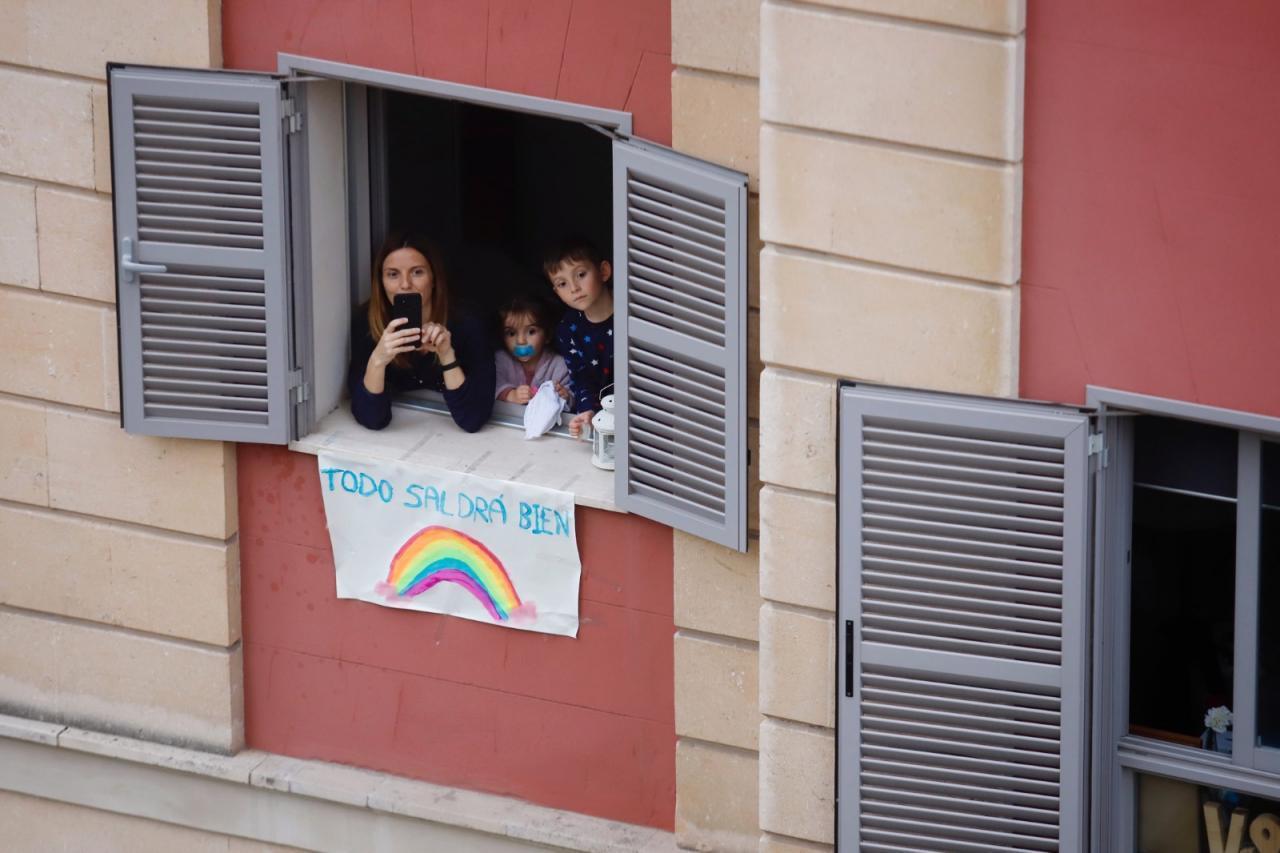A survey of how people in the Balearics are handling the confinement has been carried out by the Balearic Institute for Social Studies. The results indicate that there is greater fear, irritability and difficulty with sleeping but that there are positive aspects. For example, almost 20% of those surveyed said that the confinement has led to a deepening of personal relationships.
For 46.4%, the psychological effects have been as they had expected; 38.4% said that they have been better than expected, with 15.2% feeling that they have been worse. The most negative reaction (for 33%) has been from moments of fear or severe anxiety; ten per cent have suffered moments of severe depression. While 28% have been more irritable, the same percentage has found time for moments of reflection and calm; twenty per cent have had problems with sleeping.
A general feeling of happiness has decreased by 29%, while there has been ten per cent less propensity to laugh and a three per cent loss of sexual appetite. In organising the day, apart from sleeping (an average of 7.2 hours), most time (3.4 hours) has been found for reading, listening to music and watching films. Speaking with friends and family by phone or in other ways has occupied 2.4 hours.
Although there is an increase in irritability, the survey suggests that this isn't unduly manifesting itself in conflict - two per cent say there have been more arguments with a partner, while one per cent admit to more arguments with parents or children.
Asked about the advantages of the confinement, 39% (the most) said that this was limiting the spread of the virus. Eighteen per cent replied that they had more time with the family; eight per cent suggested that it was a way of saving money. The greatest disadvantage (22%) was from simply not being able to go out.
As to the first thing they will do when the confinement is lifted, 24% said they will have a family gathering; 23% meet up with friends, and 18.5% go for a walk. Lower down the list, five per cent said they will travel, while two per cent opted for going shopping.


1 comment
To be able to write a comment, you have to be registered and logged in
The lockdown in all countries has done one thing and that is to get people to notice those around them in there Calla AND STREETS AND ROADS it is so good to see people caring for one another god bless us all and every one PLEASE KEEP SAFE